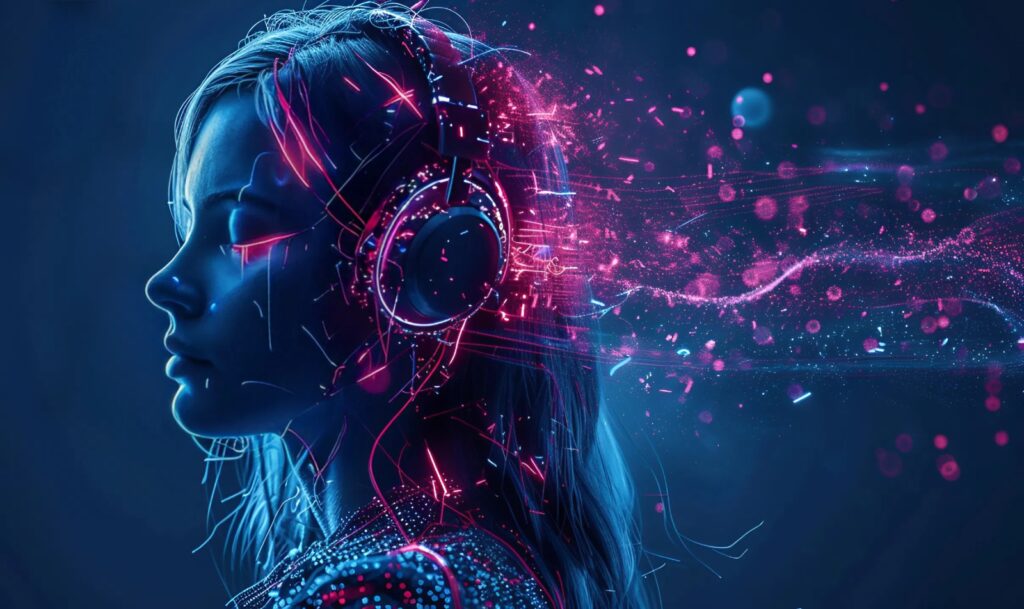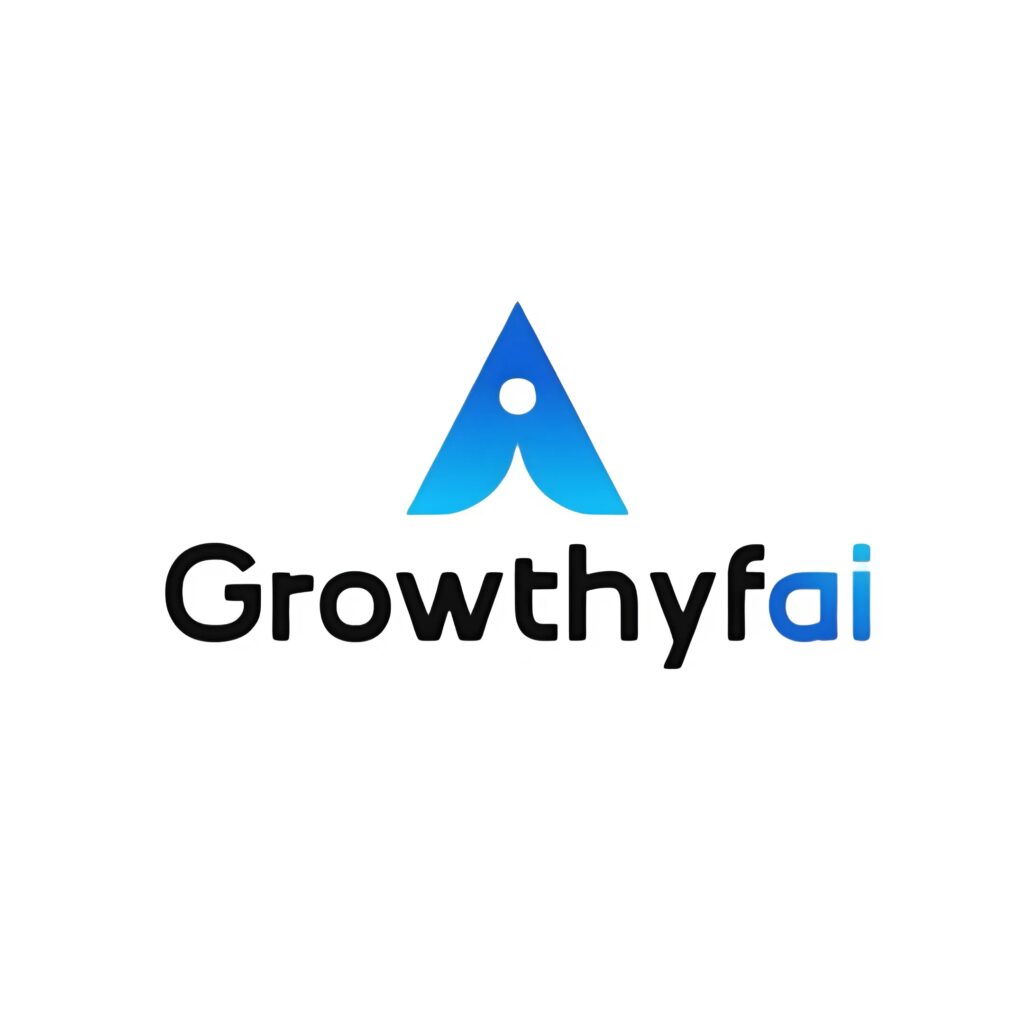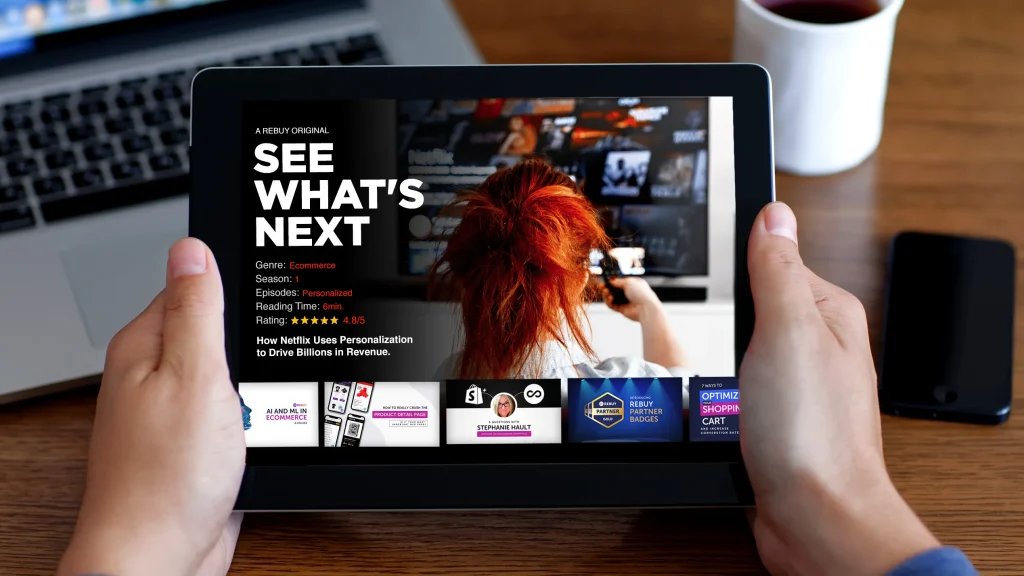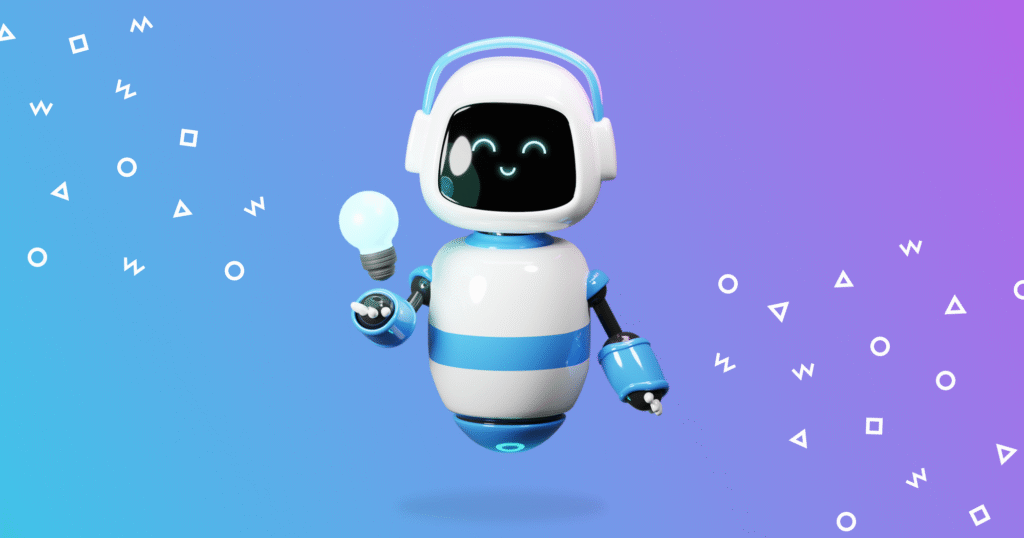AI and the Future of Personal Fitness Coaching
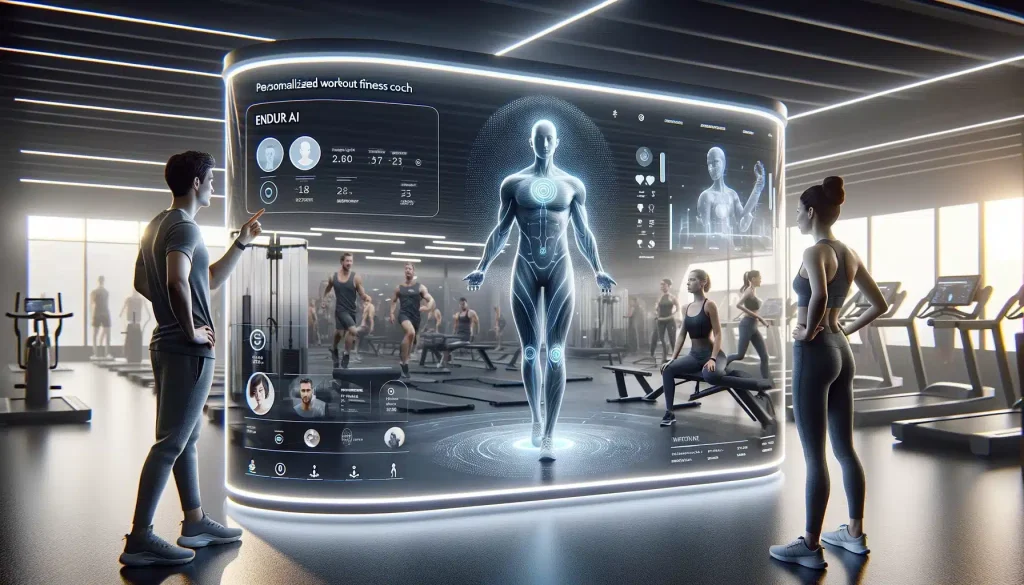
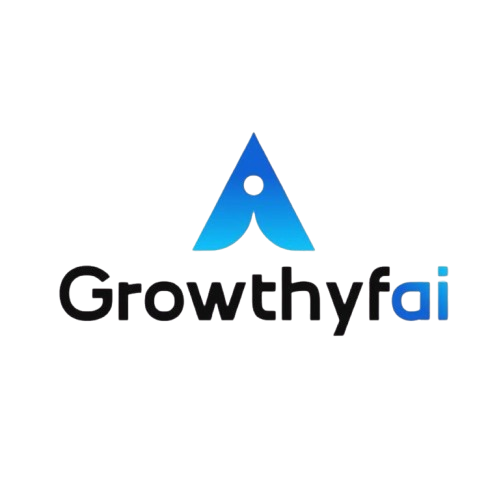
In today’s fast-evolving digital landscape, artificial intelligence (AI) stands out as a transformative force across numerous sectors, including personal fitness coaching. The integration of AI into fitness regimens is not just a trend but a paradigm shift set to redefine how individuals approach their health and wellness goals. This blog post delves into the profound impact of AI on personal fitness coaching, providing insights into current applications, potential future developments, and the benefits and challenges that arise from this technological convergence.
The Current Landscape of AI in Personal Fitness Coaching
In recent years, the fitness industry has begun to harness AI technologies to offer more personalized, data-driven coaching experiences. AI-powered fitness apps now boast capabilities such as analyzing a user’s workout patterns, recommending personalized exercises, and even adjusting training plans in real-time. For instance, apps like Freeletics and Aaptiv employ AI algorithms to generate tailored fitness programs based on user input, goals, and performance data.
Wearables such as Fitbit, Apple Watch, and Garmin also play a pivotal role, continuously collecting health metrics like heart rate, sleep patterns, and physical activity levels. AI analyzes this data to provide meaningful insights and recommendations, allowing users to make informed decisions about their fitness journey.
How AI Enhances Personalization in Fitness Coaching
One of AI’s standout attributes is its capacity for personalization. Unlike traditional fitness programs, which often employ a one-size-fits-all approach, AI enables bespoke fitness plans that cater to an individual’s unique needs and preferences. Machine learning algorithms can process vast amounts of data, considering factors such as age, body composition, fitness level, and personal goals.
For example, AI can recognize when a user is hitting a plateau and suggest changes in workout intensity or type to break through and continue progressing. Additionally, through natural language processing, AI chatbots can offer motivational support and instant feedback, mimicking the motivational aspect of a human coach.
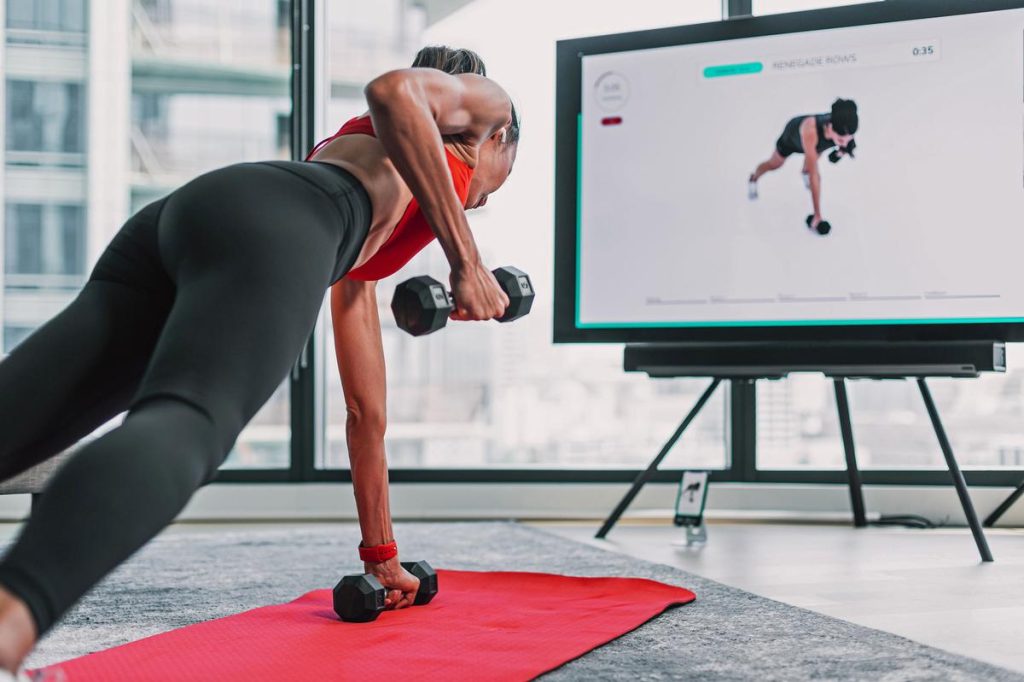
The Future Prospects of AI in Fitness Coaching
Looking to the future, AI’s role in personal fitness coaching is poised for significant expansion. Here are some of the potential advancements:
1. Virtual Reality Workouts: Coupling AI with virtual reality could lead to immersive workout experiences where individuals can engage in fitness routines within a simulated environment. This can enhance motivation and provide a more engaging, interactive way to exercise.
2. Predictive Health Insights: By combing genetic information with lifestyle data, AI might predict health challenges before they manifest, thus offering preventative fitness advice tailored to avert potential health crises.
3. Real-time Performance Adjustments: AI could advance to a stage where it provides real-time adjustments to form and technique during workouts, thereby reducing the risk of injury and enhancing the effectiveness of exercises.
Challenges of Implementing AI in Personal Fitness Coaching
Despite the clear advantages, the integration of AI in personal fitness coaching comes with its challenges. Privacy concerns are at the forefront, as fitness apps and wearables collect vast amounts of personal data. Ensuring robust data protection measures and transparent privacy policies is crucial in gaining user trust.
Moreover, while AI can analyze data and suggest changes, it lacks the human touch—empathy, emotional intelligence, and the ability to offer nuanced encouragement that human coaches provide. Therefore, a hybrid approach combining AI’s analytical capabilities with human empathy might be the optimal path forward.
Success Stories: Real-world Examples of AI in Fitness
Several fitness brands have successfully implemented AI, showing a glimpse of its potential:
✅ Peloton: Known for its interactive workout sessions, Peloton uses AI for personalizing user experiences, recommending classes based on past usage, and optimizing live class scheduling according to community preferences.
✅ WHOOP Strap: This wearable device provides personalized fitness, recovery, and sleep insights by analyzing data trends, helping users optimize their performance and avoid overtraining.
✅ MyFitnessPal: This app combines AI to analyze dietary patterns and make personalized recommendations, helping users stay aligned with their nutrition goals.
Conclusion
AI is undeniably altering the face of personal fitness coaching, offering tools and insights that were once the domain of high-end personal trainers. While the technology is still evolving, its impact is profound, extending from enhanced personalization to predicting health trends, thus empowering individuals to take charge of their fitness journeys.
As AI technologies become more sophisticated, they will continue to augment traditional fitness coaching methods. The future of personal fitness coaching lies not in choosing between AI or human trainers but in harmonizing the strengths of both to foster a more holistic and effective approach to health and wellness.
The road ahead will require addressing privacy concerns and enhancing the empathetic capabilities of AI. However, with continued innovation and thoughtful implementation, AI can be a powerful ally in the pursuit of a healthier lifestyle.

